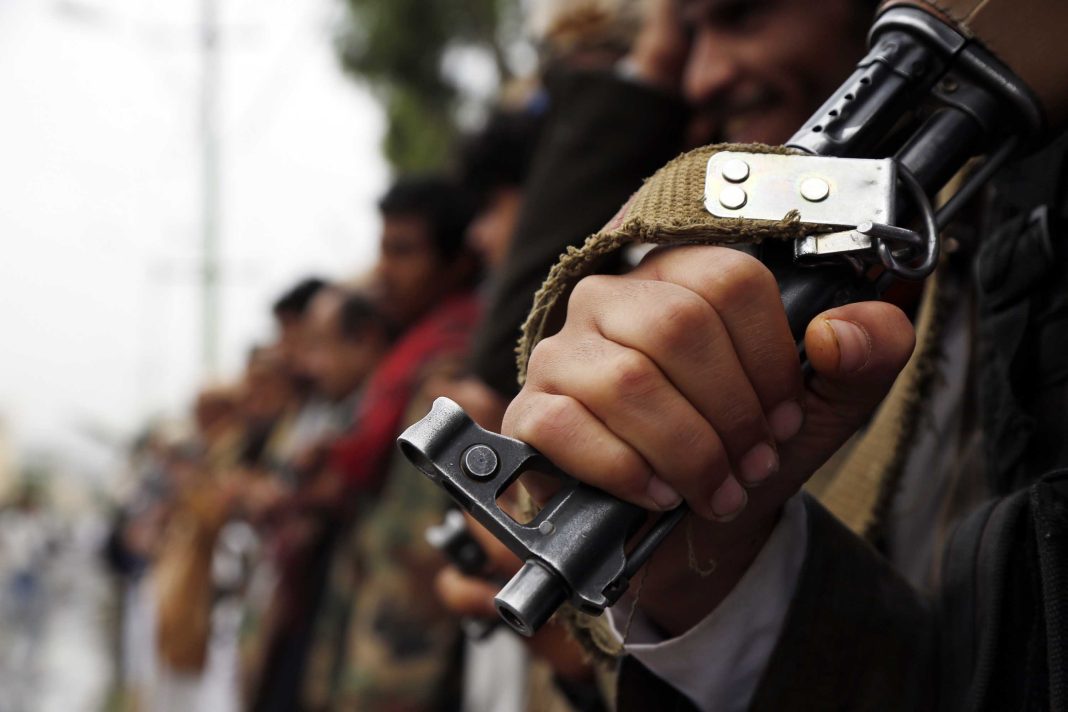A report published to Declassified UK on Tuesday claims that the British public has spent up to £19m in missile costs alone for airstrikes over Yemen. As many as 53 missiles—some of which costs over a million British pounds each—have been fired by the Royal Navy and Air Force, the report said.
However the actual amount that Britain has spent on their defense costs is currently classified, the report clarifies, and will be published when the Ministry of Defence (MoD) releases its annual accounts in July.
The report also found that UK Secretary of State for Defence Grant Shapps is being forced to borrow money from other departments in order to pay for the war including from the Treasury’s Contingencies Fund after having “requested funding from the Special Reserve for [the] Red Sea”.
Schnapps said in parliament that so far the Royal Air Force (RAF) has struck 40 targets across Yemen in four waves of air strikes since January. The RAF used Paveway IV missiles which cost about £70,000 each in 2014. If 40 of those missiles were fired, the approximate cost would be £2.8m, the report writes.
US-led operations in the Red Sea to counter the Houthi blockade and attacks inside Yemen have failed to stop the militia’s operations. Since January 12, when US and British strikes inside Yemen began, the Houthis have targeted at least a dozen commercial and military vessels in the region in support of Palestine.
Meantime, at sea the British Royal Navy has used its destroyer HMS Diamond to shoot down Houthi drones beginning on December 16, and used Sea Viper missiles that cost at least £1 m each. The destroyer fired between three and eight Sea Vipers during a series of engagements in December and January.
Diamond has since been replaced by a frigate, HMS Richmond, which shot down two Houthi drones on March 9, and a video shared by the MoD apparently shows the ship firing four Sea Ceptor missiles.
The report estimates that Sea Ceptors cost about £2m each, and so if the replacement frigate fired four the cost would have been £8m.
“In total, the munitions Britain has fired at the Houthis since December may have cost up to £19m,” the report writes.
“There’s always money to wage war abroad and never funds to fight poverty at home,” Kenny MacAskill, an Alba MP for East Lothian told the report.
“The economic cost to us of launching air strikes against some of the poorest people on the planet compounds the environmental damage to our planet of flying thousands of miles to do so,” MacAskill added.
“Meanwhile, folk here go hungry and our planet burns. The elite are enriched but the rest pay the price.”
Yemen’s Houthi rebels said in November that they would attack any Israeli-linked or Israeli-bound ships passing through the Red Sea in retaliation for the Israeli invasion of the Gaza Strip, leading the US to announce the creation of a multinational operation to secure navigation in the area. The US and the UK have launched multiple strikes against Houthi positions in a bid to degrade their ability to target commercial vessels.
